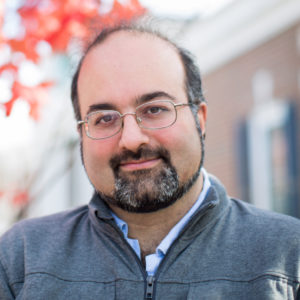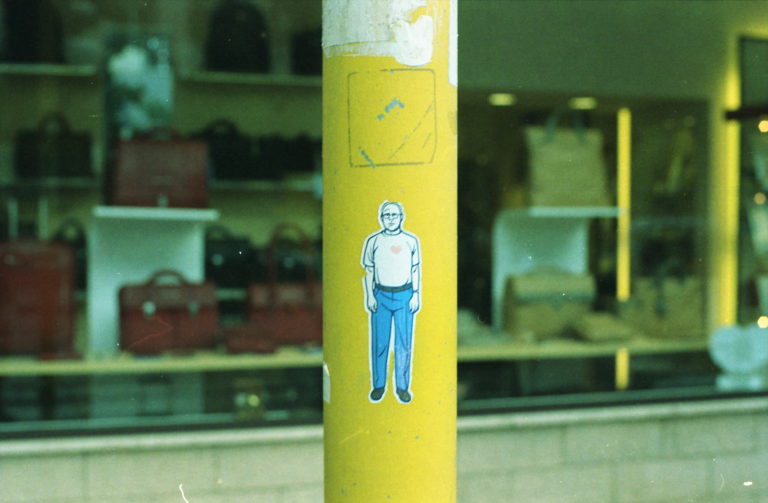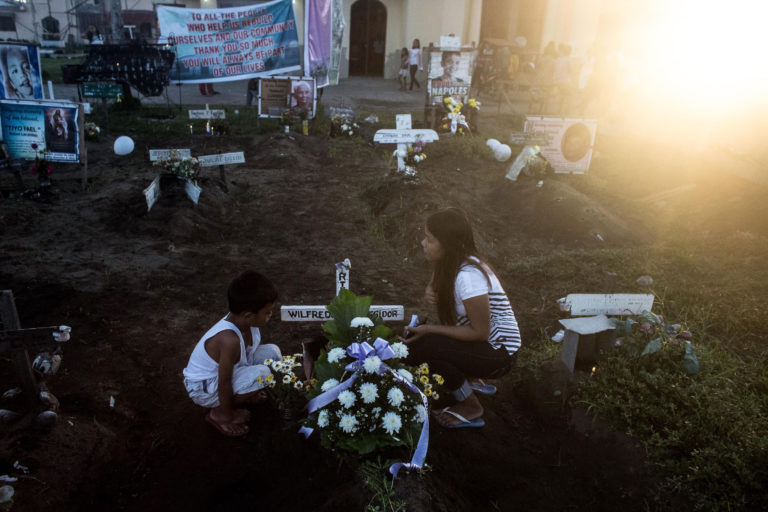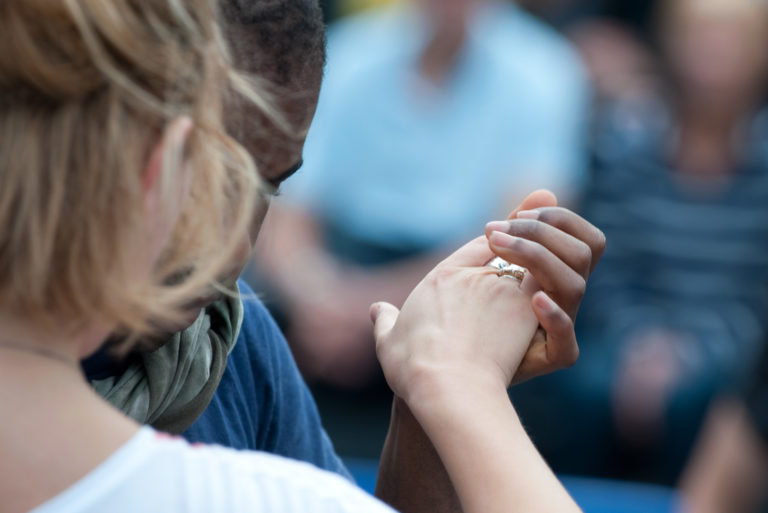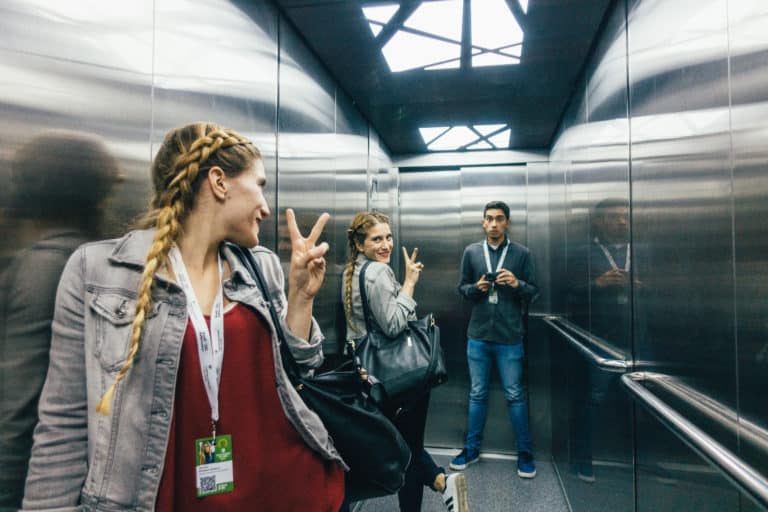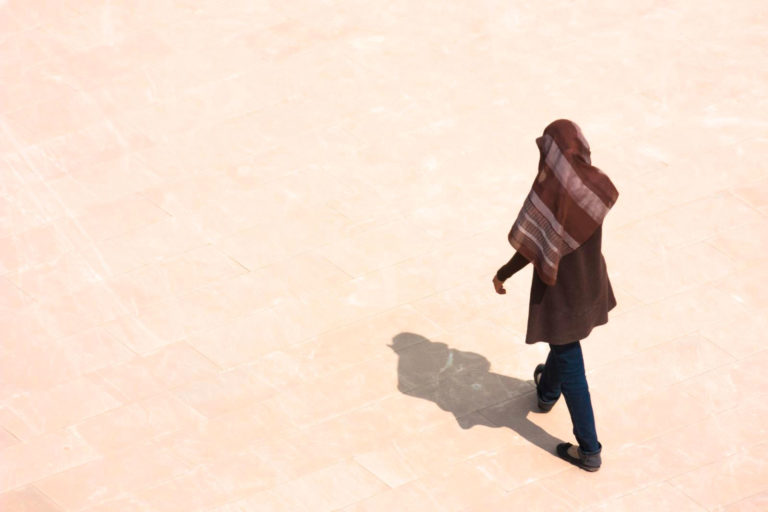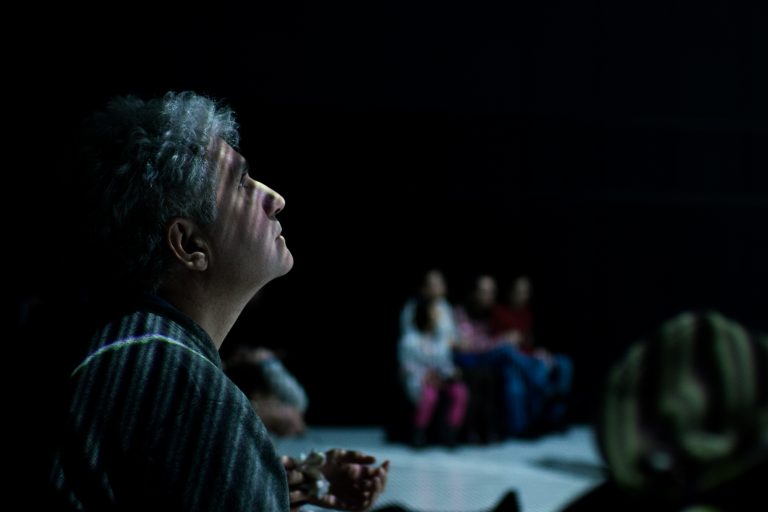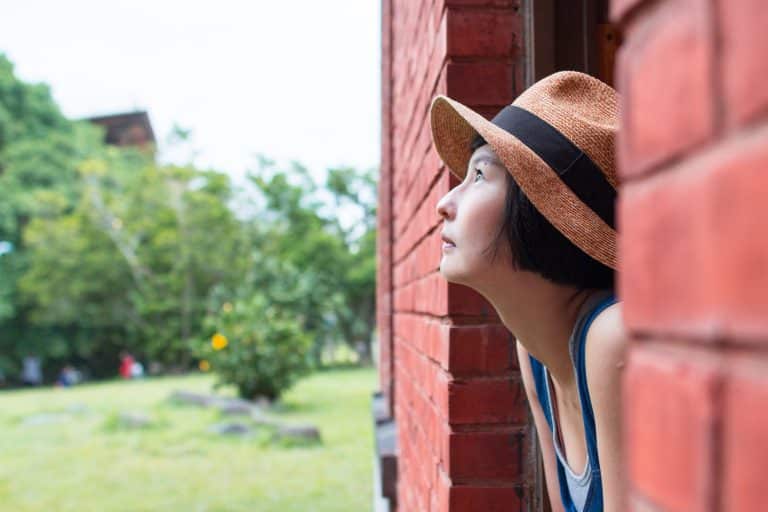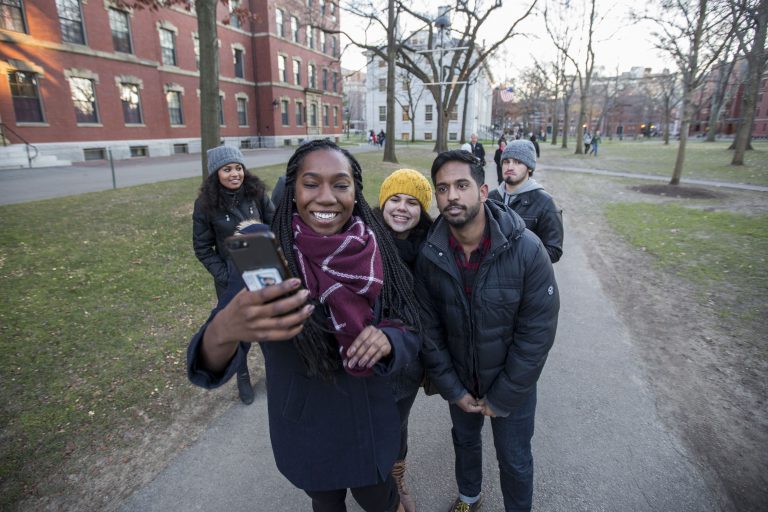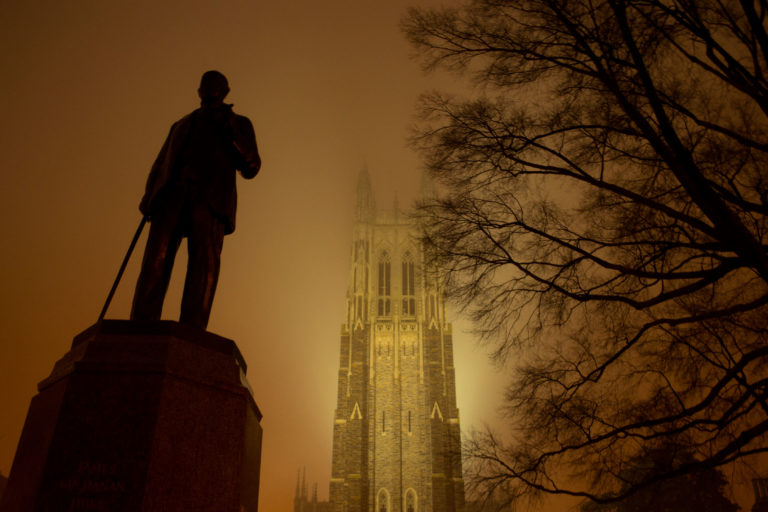In the years since the terrorist attacks of September 11th, 2001, scrutiny of the religion of Islam has become part and parcel of our public life. In forums of all kinds, often guided by non-Muslim pundits, we ask, what does terrorism have to do with the teachings of the Qur’an? Can Islam coexist with democracy? Is Islam capable of a reformation, or has it fallen into hopeless decay?
We pose these questions to a spectrum of American Muslims who describe themselves as devout and moderate. Our guests take us inside the way Muslims discuss such questions among themselves, and they suggest that when we consider “the Muslim world” we must look first at Islam in this country. In this open society, they say, Islam has found a home like no other.
